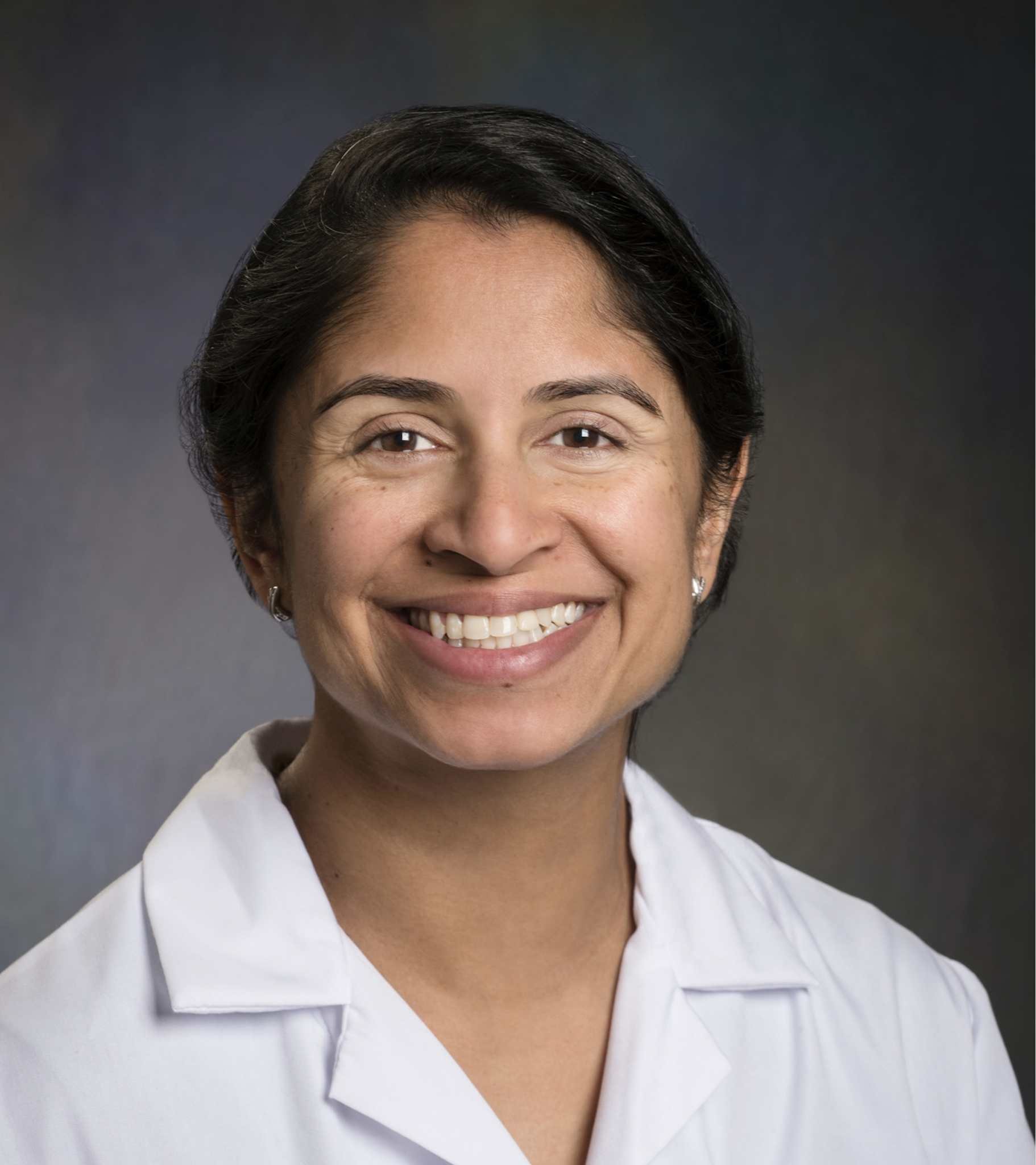
Research
The Anandasabapathy lab investigates tissue-specific mechanisms underlying tumor-immune escape and immune barrier surveillance (skin tropic viruses/primary skin cancer/contact allergens).
1. How is long term central and peripheral immunity generated and regulated?
2. How do immune adaptations to the tissue shape the surveillance of infections, vaccine, and cancer?
3. How does organismal immune development across sites of high turn over/damage/injury influence immune responsivity at these sites.
Our lab uses native human tissues/cells and key, relevant advanced mouse models to span translational and basic science efforts in myeloid and T cell biology. We characterized T cell differentiation in human cancer (Cancer Cell 2022), against relevant human vaccine responses, other human TILs, and over 35 mouse models. We have interrogated skin dendritic cell programing in detail in mouse and human (Cell 2017, JEM 2014) with clinically relevant observations relating to tumor, vaccine, and tissue immune surveillance. Our work spans autoinflammation, viral immunity, vaccine immunity (HIV, smallpox), and cancer (melanoma, and other skin cancers).
We conduct high-definition multiparametric flow-cytometry in mouse and human, bone marrow chimerization, conditional and allelic nulls (DC and T specific tamoxifen and diptheria toxin inducible mice), for which we have developed new reagents. Our work also includes a significant functional genomics component: single cell sequencing, large scale RNA seq, microarray and pathway, advanced flow cytometry, CyTOF, ATAC seq, monocle and systems biology analytics in mouse and humans.
Current Projects:
- Dendritic cell responses to vaccinia immunization
- New myeloid IO targets
- Organismal myeloid maturation and differentiation
- T resident memory cell formation, maintenance and recall
- Immune related adverse events to anti-PD1 and ICB
- Mechanisms of successful anti-PD1 responses
Bio
Dr. Anandasabapathy Ph.D. M.D. is an investigative physician scientist- formally trained in clinical investigation, cancer biology, cellular immunology, and Immuno-Oncology. She completed her B.S. with honors at Stanford in Biological Sciences, and an additional BA in Art History while there. She then completed a PhD and her MD degree from Stanford University, studying T cell tolerance in the Fathman lab and the GRAIL gene. She completed a research-coupled residency in Dermatology at NYU 2+1 where she conducted her research at the Rockefeller with the late Ralph Steinman (Nobel Prize in Medicine). After publishing her postdoctoral paper in neuroimmune surveillance she stayed on as early faculty as an Instructor and Clinical Scholar at Rockefeller in the Steinman laboratory until she started her own laboratory at Brigham and Womens Hospital, Harvard University 2013-2018. She returned to the Tri-I and her hometown of NYC in 2018. The Anandasabapathy lab has been continuously NIH funded since 2013.
Distinctions:
- Invited Speaker Society of Immunotherapy of Cancer (SITC) 2021, 2022, 2023
- “Primer on Tumor Immunology and Cancer Immunotherapy" DCs in Cancer
- Invited Lecturer: Professional Development Series “Mentor/Mentee Best Practices” 2022
- Frontiers in Immunology II Lecturer “Cancer Vaccines” 2022
- Module Director, Frontiers in Immunology II: "Translational Therapy" 2022-2023
- Invited Lecturer: Fundamental Immunology and Microbiology WCM 2023, 2024
- Invited Lecturer: Frontiers in Immunology: “Translational therapies and computational medicine” 2023
- Invited Speaker SIC Springtime Immunology School, Hornbaeck, Denmark 2024
